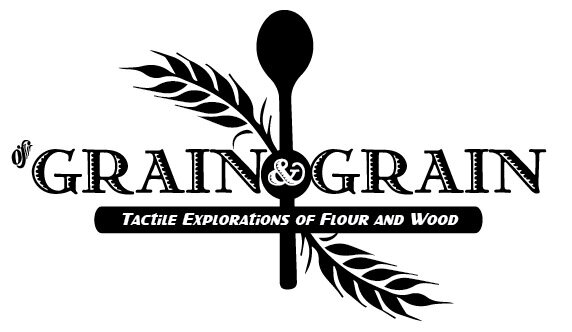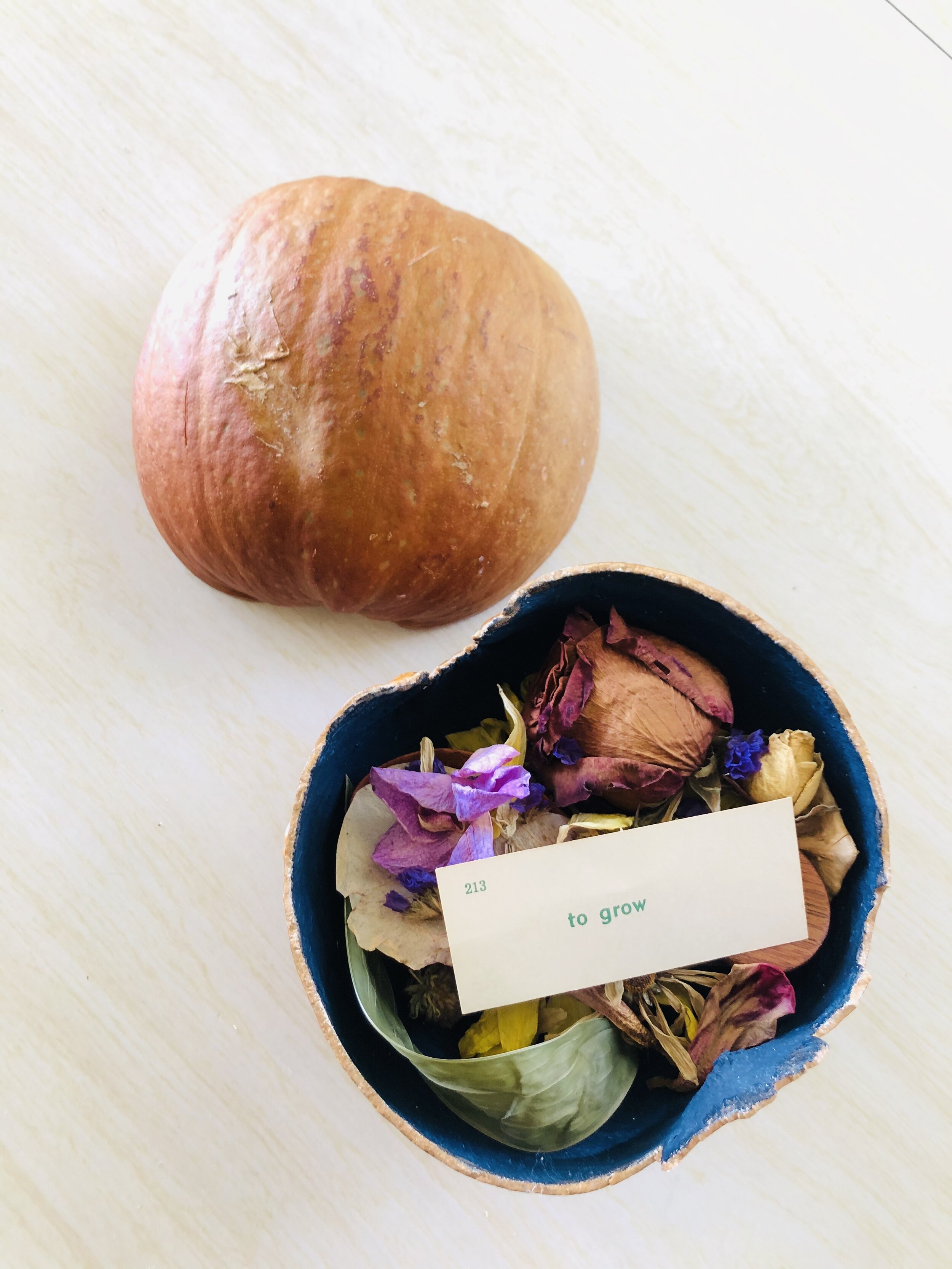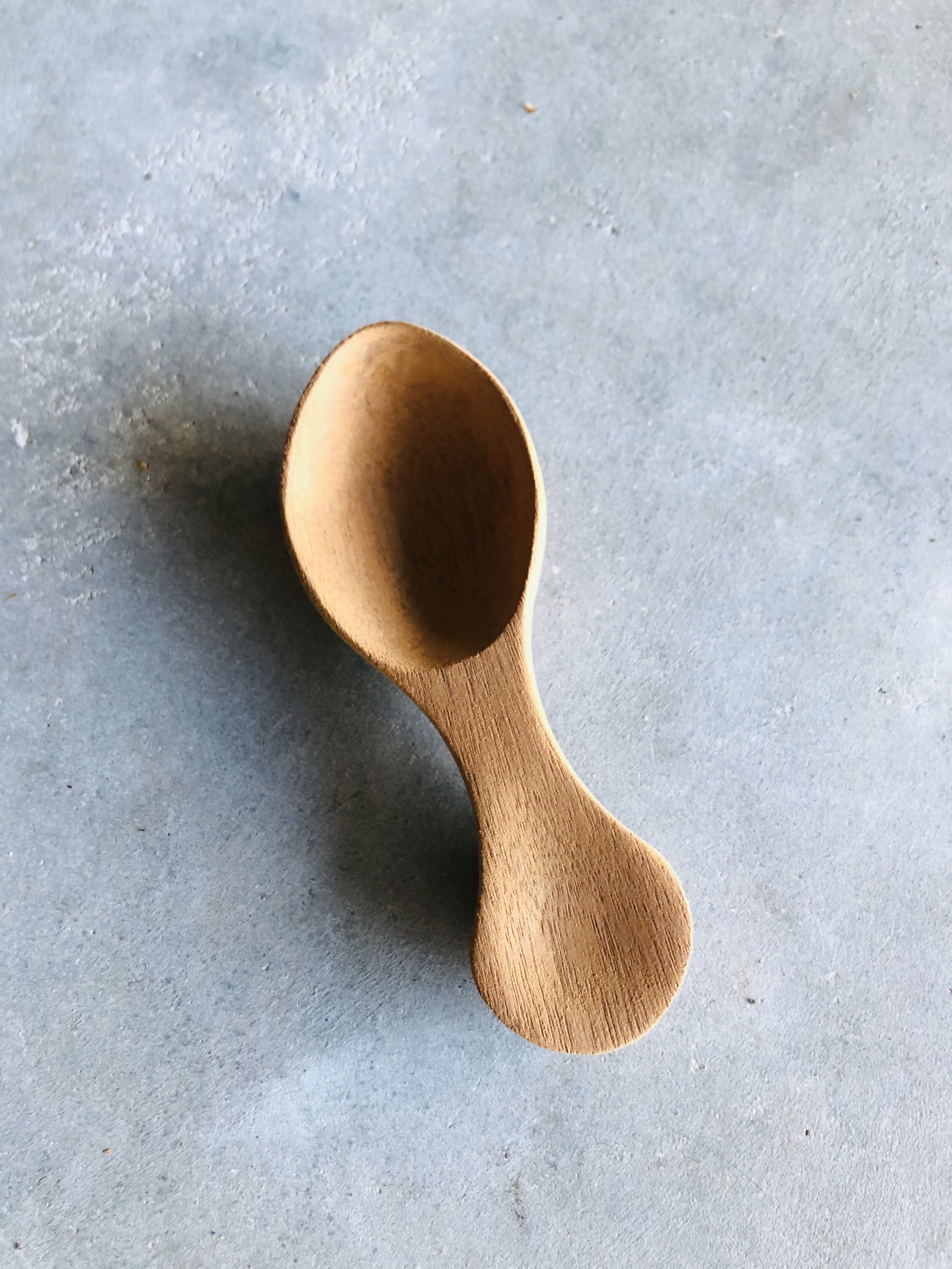Life, Loss, and Family Heirlooms
About four months into my caregiver journey I came across this piece of paper in my parents house. Its discovery was painful for so many reason. For one, my mother no longer remembered me. The Alzheimer’s had erased her memory and she no longer recognized me as her daughter. In addition to that cruelty was another sense of loss. The paper was loose. Attached to some token at one point but in discovery, it was merely scrap. Whatever treasure was to be passed down for progeny remains a mystery. The “family heirloom” in my mind is now the paper itself. It’s a modicum of memory thanks to the handwriting; her handwriting, and the awareness that the intent of posterity was cloaked in a mother’s love. I wish I knew what the heirloom was but that piece of paper has become my keepsake.
“Family Heirloom for Ashley Look 10/31/88”
Being thrust into the intense world of caregiving when I was just beginning to understand adulthood, forced me to explore the “value” of things. I was tasked with downsizing our family home (see photos here) and overwhelmed by the decision-making process. Sentimental value can be found in just about any item that sparks a memory and no amount of reading KonMari books will make that magically disappear. Determining worth is discriminatory and decision includes moral hazard. Over the course of my family purge I questioned if I was making mistakes. Would I regret my decisions and later be haunted by the legacy of items no longer in my possession? Without sound guidance from my parents (my father was also suffering from dementia at the time), I was required to sift through their belongings using equal parts Ebay, personal judgement, and observations from weekly garbage days when a neighborhood truck would make the rounds picking up items left out for the trash.
Fast forward a few years and the house has been reclaimed from under the mountain of stuff, much of which was in fact trash. I saved a number of things that were obvious keepsakes and a few less than obvious treasures like the scrap paper above. But mostly I’ve held on to an awareness that the stuff we allow into our space deserves our honor and warrants the right to occupy our attention or time. Stuff is stuff, yet materialism, although fun in a moment, is often a headache later, especially when clouded by sentimentality.
I’ve thought long and hard about lineage and legacy, and the antiquity of our belongings. I’ve often wondered what I’d save of my own belongings if the house was burning down. As a “maker” my mind goes to my spoons. I’d save my work from becoming fuel as these are the things that are my legacy. They are the investments of my labor, my craftsmanship, and time represented in hand. Upon my death my Will might include a beneficiary for the spoons. They are perhaps my most important material items and why right now, I feel moved to right this. Yesterday, I lost one.
If I was to leave behind a single heirloom from my life it would be/would have been this spoon. It’s on my business card, it’s my logo, it’s the only one I have refused to sell. It’s made of Applewood from an orchard in Vermont and was carved on the land where I first learned how to spoon carve, a practice that has since become my therapy. Unfortunately it took a tumble yesterday, and broke right at the neck. My brother accidentally bumped the display while moving a shelf (part of the endless house downsizing project) and in that moment knew he had destroyed something of value. Before I even knew what had happened he was alarmed with concern, approaching me with hesitation and repeating “You’re gonna kill me.” Of all the spoons to break, it was my most favorite, the one that represents so much to me…
But of course, stuff is just stuff, and the irony lingers like a cruel reminder that loss and grief are inescapable even after you’ve made your peace. This broken spoon feels like a death in that family which I suspect many won’t understand. But losing the thing that supported me through losing my family hurts, even if it’s an inanimate object. It’s not the spoon but what the spoon represented, and the emotional relationship between hand and craft varies little from the relationship between my parents and their end of life care. It was a very long and grueling, emotional journey and I owe my sanity to spoon carving. Caregiving and end of life care are journeys of the heart, as are stories of birth. This spoon was a beginning and it’s painful to see its end.
I’ve been working on some service related content for this website. I created something for caregivers knowing they are struggling with minimal support. I’ve also created a service for posterity knowing all too well that loved ones are ephemeral. I’ve also been working towards an online spoon carving course and for whatever reason, I can’t seem to finish it. In part I think that’s because spoon carving is my self-care and so many wounds remain fresh. It’s difficult to discuss how to carve spoons when the why feels more important. How do I convey the how of “healing” when grief runs eternal? Stay tuned however because I do plan to complete it. At the heart of any spoon is the bowl, and the stress in what it carries is the neck. The irony is the reminder that it’s time to get back to it, keeping a handle on the chaos of time…
I know I can glue this spoon. It’s not the end of the world. But long story short, not everything that breaks can be fixed. Life and loss are tough pills to swallow and I’m tired of the cultural expectation to choke hardship down gracefully. It’s OK to be sad. It’s OK to be angry… It’s OK to not be OK, with or without an excuse. Feelings aren’t always rational and it’s far time we recognize that our pains are valid regardless of how they measure in comparison. Our struggles are not competitions so let’s stop pretending to keep it together because it makes others feel more comfortable. Life and loss are uncomfortable and moving on quickly enables culture to dismiss the legacies of the ones that left too soon. We should honor them with pause and revel in what remains. Heirlooms are like the architecture of one’s memory. Items aren’t special because of what they are but who they represent…
Rest in peace you heavy hearts. Rest up and take love!









